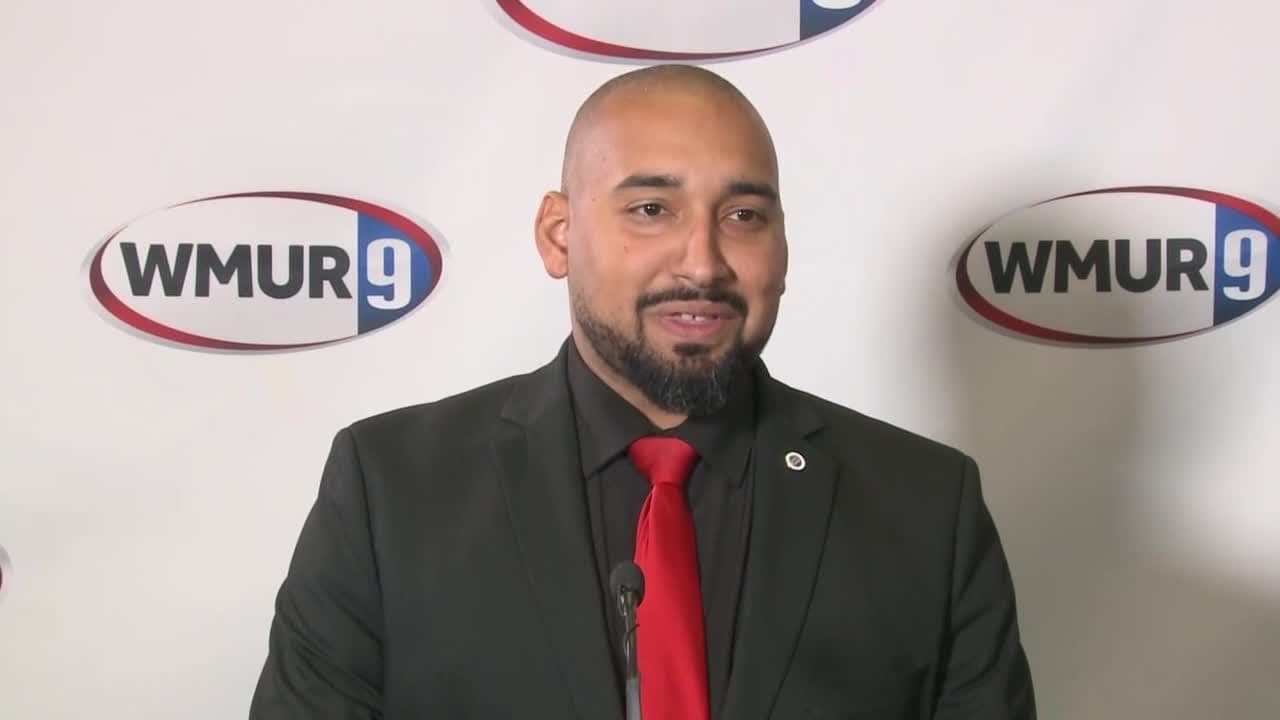Pro-Life Strategist Julian Acciard Proposes Psychological and Marketing-Driven Plan to End Abortion

Julian Acciard, identified as "The Blue Collar Intellectual" and a USMC OIF Veteran, has unveiled a strategic guide aimed at ending abortion through psychological insights and marketing tactics. Acciard, a conservative political strategist and podcast host, emphasized a long-term approach focused on cultural transformation and real-world positioning, rather than what he termed "self-righteousness without tangible results."
The strategy, detailed in a recent social media post, prioritizes "Empathy-Driven Messaging." Acciard argues that harsh rhetoric can alienate women facing unplanned pregnancies and suggests campaigns like "You're Not Alone: Real Choices for a Brighter Future." This approach, he states, leverages cognitive dissonance theory to build rapport and normalize alternatives by addressing fears through community support.
A central pillar of Acciard's plan involves "Informed Consent Legislation," which he claims could lead to a reduction in abortions by "up to 83%," a figure that has drawn scrutiny. He asserts that providing comprehensive information, including ultrasounds and fetal development details, alongside resources for adoption, fosters cognitive empathy and reduces impulsive decisions. While various studies on parental involvement informed consent laws for minors have shown decreased abortion rates, ranging from 6% to 43% in some instances, and often accompanied by increases in out-of-state travel for services, the specific 83% reduction for general informed consent laws is not widely corroborated by broad empirical data.
Acciard also advocates for "Aligning Legislation with Cultural Shifts," building on the overturning of Roe v. Wade. He references social proof and norm theory, suggesting that legislative changes should coincide with shifting public sentiment to avoid backlash. This includes advocating for incremental laws, such as "heartbeat bills," when data analytics indicate favorable public opinion. Heartbeat bills, which prohibit abortion after the detection of embryonic or fetal cardiac activity, have been a significant focus of post-Roe v. Wade legislative efforts, though their legality and implementation vary widely across states due to ongoing legal challenges.